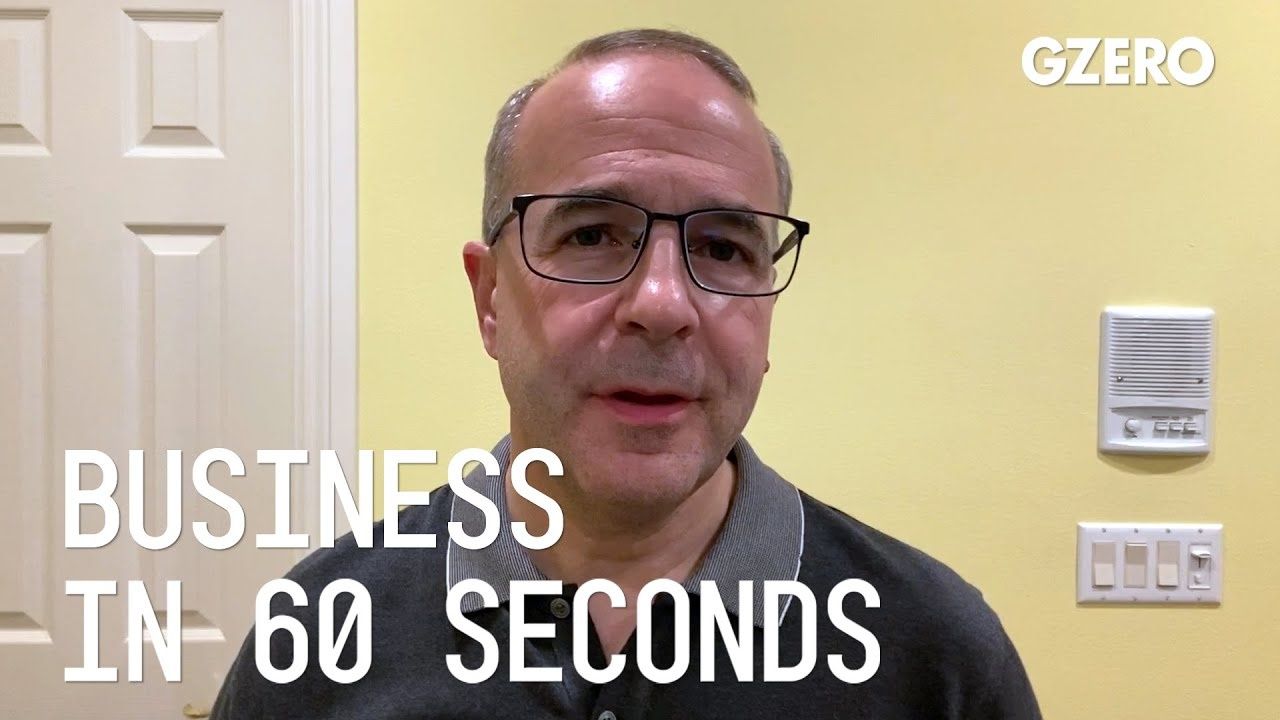
What silver linings, if any, are there from the dreadful pandemic which we've all been experiencing?
This has been a humanitarian disaster. And therefore, it's a little incongruous to talk about silver linings, but there are a few. First off, we've all learned how to work digitally and what that means for our businesses. There's a new appreciation of how to take processes and make them more efficient using digital and other techniques. How to serve customers through a contact free environment and how to make a difference every day by staying in touch through digital means. The second silver lining may actually be around the way decisions themselves get made. The piece. The ability to bring together the bare facts necessary in order to make a decision and no longer agonizing over a lot of superfluous information that makes no difference, but actually just adds to bureaucracy and takes time. The third is indeed waste. Because we've all been under so much pressure and we've be working remotely, there's a renewed appreciation for what matters. What is it in the business that we need to do and do really well? And what is it we don't?
So, three ways in which there is an opportunity to extract a silver lining from this dreadful crisis. Make more use of digital. Speed up decision making. Get rid of waste. I hope those are some of the things that you can take with me as we journey together into the next normal.